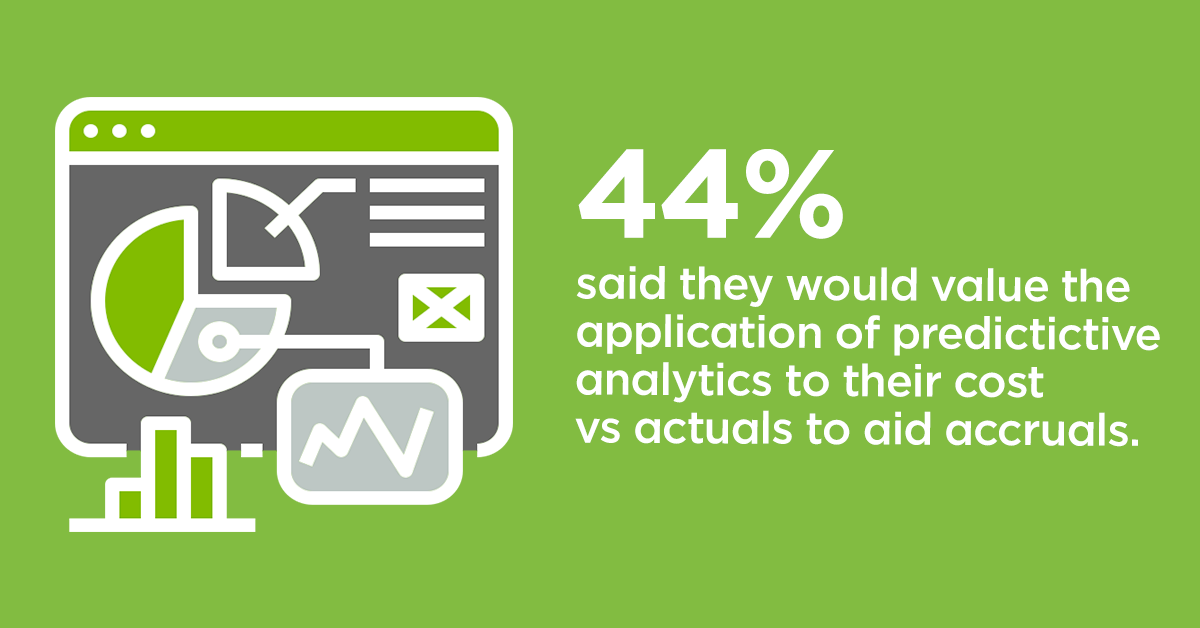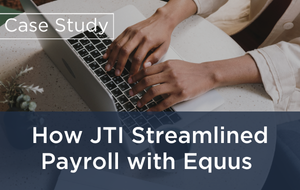Maximizing the use of your data in global mobility
For global mobility (GM) functions across the world, the ability to make good decisions has always required a foundation of high-quality data. Whether it’s tracking the costs associated with a new assignment to keep budgets on track, or monitoring metrics to understand why relocations succeed or have problems, having accurate and timely information is key in helping GM teams meet their objectives.
Today, global mobility functions are increasingly turning to analytics to generate even more business insight from the data they have. Analytics and reporting is already one of the most valued aspects of GM technology, according to recent research by Global Mobility Executive and Equus Software – rated second only to the technology’s ability to generate efficiencies.
Analytics dashboards in particular can prove vital in helping to create an efficient GM function. Dashboards give users a consolidated and easy-to-use way of interrogating vast amounts of data at a time, and in turn allow teams to become more agile and responsive – recognizing and reacting to risk more quickly. Similarly, by reviewing data from past and current assignments, GM teams can create dashboards to underpin policies around diversity and culture, helping to support organizations in becoming more representative.

The power of predictive analytics
Predictive analytics offer an additional way for organizations to gain more value from the data they hold, by enabling them to capitalise on future trends and better predict upcoming needs. The financial insights that predictive analytics provide are considered by organizations to be the most valuable aspect of the technology: among those surveyed by GME and Equus, 44 percent said they would value the application of predictive analytics to their cost vs actuals to aid accruals, while 27 percent said better understanding of cost modelling, such as the impact of salary reviews or policy changes, would be useful.
The benefits of predictive analytics aren’t just financial, however. Predictive analytics can assist with ensuring assignments are effective – by looking across platforms to analyze success factors for a global employee – or by addressing team allocation and workload management.
The true power of predictive analytics will come with the increasing use of artificial intelligence (AI), which will be able to help GM practitioners develop a more forward-looking view of their function, identifying areas of risk and reward, and acting more quickly to address both.
Cognitive technologies gaining interest
The majority of GM users are at the beginning of their journey with cognitive technologies such as AI and virtual reality (VR), with just three percent of companies saying they’ve already adopted such systems.

However, the adoption of cognitive technologies is unlikely to remain low for long. A substantial percentage of organizations are already showing interest in rolling them out in the future: 15 percent of companies said they’re looking at the use of chatbots, for example. AI-powered chatbots can make a difference for both assignees and assigners, enabling staff undertaking a new assignment to instantly receive personalized responses to their queries, wherever they are in the world. At the same time, assigning staff are freed up to concentrate on the types of added-value activities that really need a human touch.
With the coronavirus pandemic making it harder for assignees to preview apartments in person, VR offers another way for individuals to explore their prospective accommodation. It may not be the same as an in-person visit, but using VR gives a far richer view of the property than scrolling through an accommodation website.
For more on how cognitive technologies will shape the future of GM, download the full GME and Equus report here.













